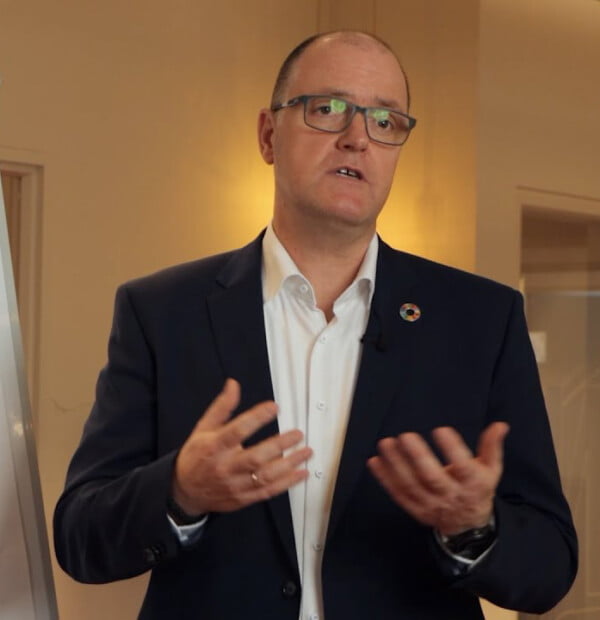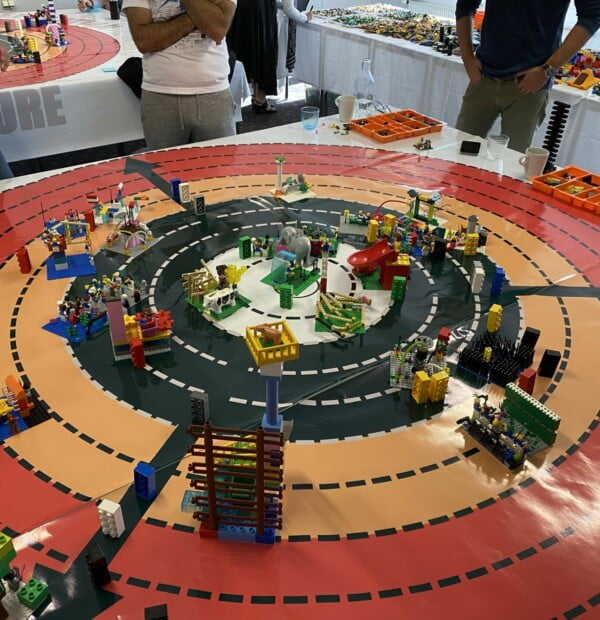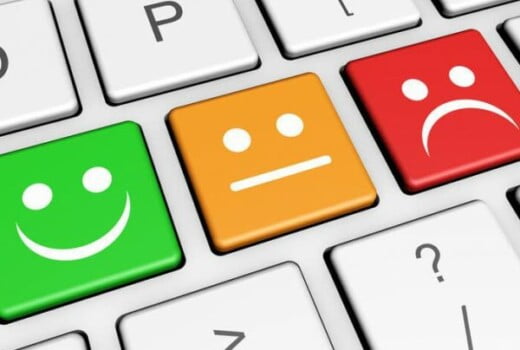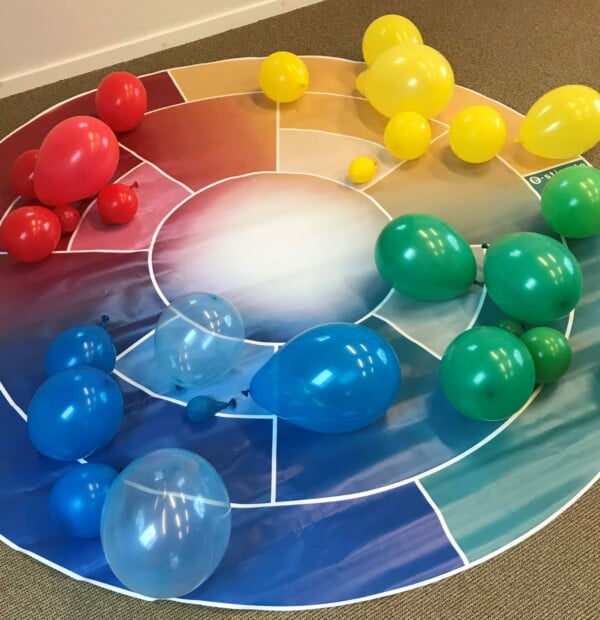Udvikling af teams handler om optimering af samspil og modspil og om at udvikle en praksis, hvor flere personer arbejder sammen og støtter hinanden i løsningen af den fælles opgave.
Du bør vælge Zephyr Consulting, fordi:

Hvert medlem af teamet skal vide, hvordan og hvad de kan hjælpe med for at levere de bedst mulige resultater.
For at opnå det arbejder vi med både de faglige og personlige kompetencer. Gennem erkendelse og refleksion er fokus på at styrke den fælles læring og udvikling. Så klichéagtigt som det kan lyde, så skal samarbejde, ligesom en muskel, trænes og vedligeholdes for at bevare sin styrke.
Et team, der performer og arbejder godt sammen, er samtidig gladere for at gå på arbejde. Og glade medarbejdere lader sig sjældnere friste til at søge væk.
Vores teamudviklingsforløb er en blanding af tests (af både den enkelte medarbejders personlighed og samspillet i teamet), teori, praktiske øvelser og opgaver kombineret med Playful Learning.
Vi bruger Playful Learning for at undgå, at forløbet giver “passiv” viden.
I stedet sigter vi efter at skabe værdiskabende adfærdsændringer, som virksomheden kan mærke i både teamsamarbejdet og resultaterne.
Et af de værktøjer, som vi anvender meget inden for Playful Learning, er LEGO® SERIOUS PLAY®-metoden. Den er et anerkendt og gennemprøvet værktøj til strategiudvikling, innovation og teamudvikling mv.
Metoden er udviklet hos LEGO® Company i samarbejde med førende forskere inden for strategi og organisationsadfærd. Værktøjet gør brug af mangfoldigheden i LEGO®-klodsen, hvor LEGO®-elementer fungerer som tredimensionelle modeller af forretningsmæssige problemstillinger og udfordringer.
Forskning viser, at når vi bruger vores hænder i en kreativ proces, så udtrykker vi vores tanker og ideer mere præcist og nuanceret. Det medfører, at de er nemmere at forstå og huske.


Forløbet begynder med et indledende møde, hvor vi afklarer jeres nuværende situation, og hvilke ønsker I har til effekt, når vi er færdige med opgaven.
Vi gør meget ud af, at I som virksomhed får en løsning, der er investeringen værd, og som kan mærkes – også efter vi er færdige med opgaven.
Vi vender tilbage med et forslag til løsningen af opgaven inden for en uge, hvorefter vi aftaler det videre forløb.
Når vi er enige om aftalens omfang, går vi sammen i gang med at definere:


Vi afslutter forløbet med et evalueringsmøde. Formålet med evalueringen er flersidigt:
Efter evalueringen kan vi eventuelt aftale opfølgende aktiviteter, hvis de er nødvendige.

Man kan ikke ændre på uhensigtsmæssig adfærd, eller lære at arbejde sammen på nye måder, hvis man ikke forstår både sig selv og kollegerne.
Derfor er en del af teamudvikling, at medarbejderne lærer mere om sig selv og reflekterer over, hvorfor de enkelte reagerer, som de gør.
Til at hjælpe med at fremme denne indsigt anvender vi værktøjet e-stimate. Værktøjet bruges til at øge fokus på styrker, performance og effektivitet hos den enkelte, og hvordan de forskellige personligheder spiller sammen (og hvornår de støder sammen).
Vi bruger e-stimate-profilen, fordi den er meget let at forstå og nem for folk at omsætte til hverdagen.
Vores erfaring er, at de virkelig gode teams har stor tillid til hinanden, evner at tage konflikter konstruktivt, er gensidigt forpligtede over for hinanden, har en høj grad af ansvarlighed og – ikke mindst – er dybt fokus på resultaterne.
Derfor er netop disse emner i centrale i vores forløb med teamudvikling.
Men i modsætning til andre teambuildingaktiviteter giver vi ikke slip på jer, når I går ud af døren.
Vi vil skabe positive forandringer. Det betyder, at vi ALTID måler temperaturen på teamsamarbejdet før, under og efter aktiviteterne er gennemført.
Det giver samtidig den enkelte leder mulighed for at prioritere indsatserne, så I får mest muligt ud af forløbet.
Vi har en omfattende teoretisk værktøjskasse, som kombineret med mange års hands on-erfaring giver os mulighed for at bruge de værktøjer, som giver størst mulig effekt i den aktuelle situation.
Vores teamudviklingsforløb tilpasses altid din virksomheds/organisations aktuelle situation og udfordringer, således at investeringen bærer frugt tidligt i forløbet.